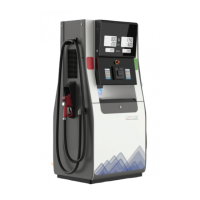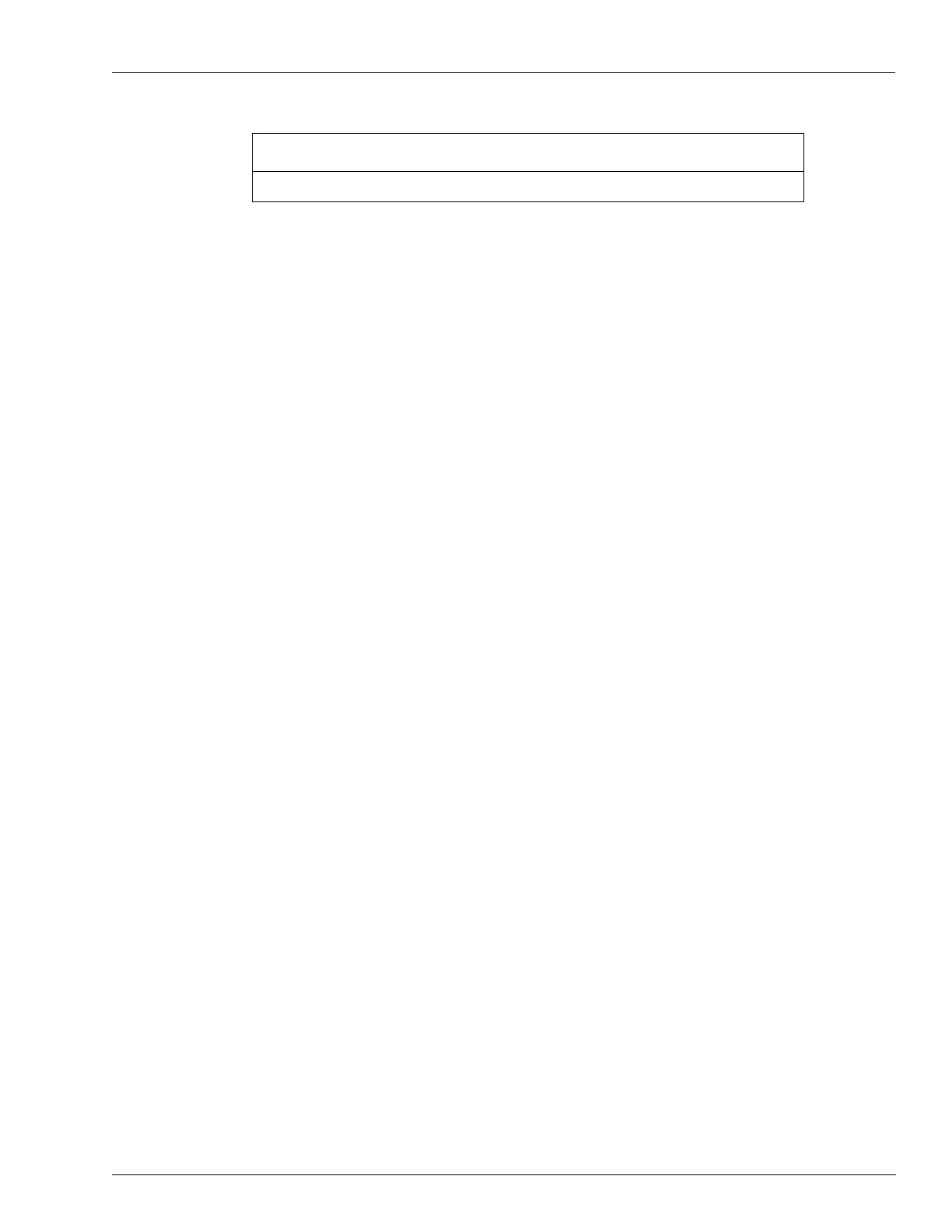Installing Units on Island Installation Diagram for Latitude
MDE-5427E Latitude
™
Installation Manual · July 2022 Page 5-9
6 Fill the space around the tank with sand to a thickness of at least 150-mm.
Note: This is applicable in cases where local ordinances require the tank to be surrounded by
concrete.
7 Ensure that all the manholes near the tank or leading must be filled with sand to the ground
level.
Note: To avoid chemical reaction with the metal, do not bury a tank in cinders or in any soil
that contains chemicals.
Pipe Fitting and Pipe Connection
To fit and connect the pipe, proceed as follows:
1 Use standard weight galvanized iron pipe with a minimum inner diameter of 50-mm due to
increased volatility of present day petroleum products.
2 The vent line should be 32-mm (1-1/4-inch) NPS and, if a line larger than 65-mm (2-1/2-inch)
NPS is used, the vent pipe should be half the size of the fill.
3 All the fitting must be of galvanized iron or steel and the threads should be perfect.
Note: Use metal-seated unions.
4 Before using the pipes, hammer the unthreaded portion to loosen all the scale, spelter, and dirt.
Swab the interior with a kerosene soaked rag.
Notes: 1) The pipe should pitch gently from the pump, down to the tank at 20-mm per meter
with no traps or low places.
2) Lines should be supported at approximately 1.5 meter intervals to prevent sagging.
3) A double swing joint should be provided at the tank and under the pump for the
supply line.
4) For the vent line, double swing joints should be provided at the tank and where the
vent rises out of ground.
These double swing joints prevent the piping from strains caused by the setting of the tank on
frost, heaving of the ground, or pump island settings.
A single check valve is recommended that is located in the supply line at the top of the tank.
Note: Spring loaded check valves are not recommended.
5 Test the piping for leaks before connecting to the pump.
6 To ensure that the under air pressure does not exceed 0.20 bar (3 p.s.i) to 0.35 bar (5 p.s.i),
every joint should be brushed with soap lather to check for leakage.
Note: Leaks are detected rapidly under this testing method.
7 If there is a leakage, unscrew the connection and examine the threads on the pipe and the
fitting.
Ensure that there is no air space on the openings around the tank.
IMPORTANT INFORMATION

